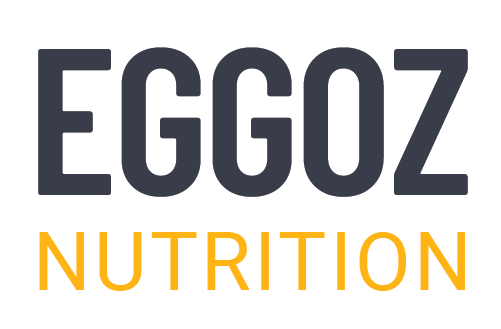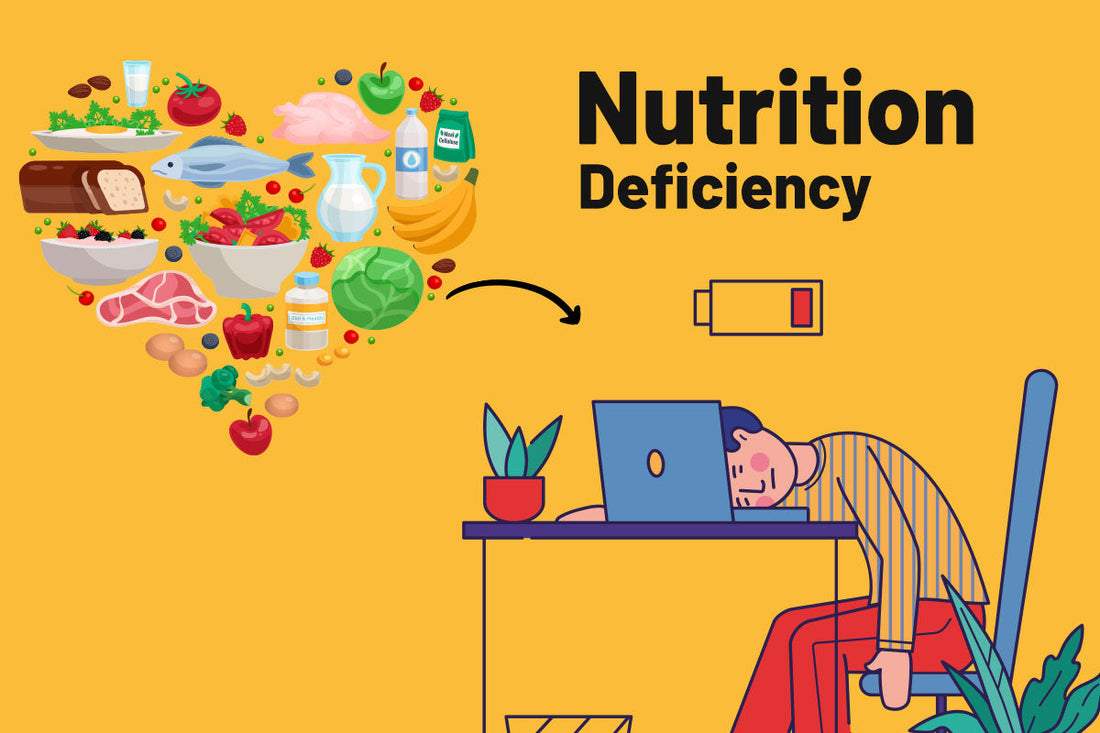Key Facts
-
Iron deficiency anaemia is the most frequent nutrient deficiency, especially in women, children, and low-income persons.
-
Iron, vitamin D, vitamin B12, calcium, iodine, and magnesium deficits are most common.
-
Each deficiency causes specific problems including weakening bones, immune system, or development delays, making them public health issues.
-
Chronic weariness, brittle nails, hair loss, frequent infections, and poor focus may suggest vitamin shortages.
-
Including eggs, leafy greens, dairy, nuts, seeds, and fortified cereals in daily meals helps prevent deficiencies.
-
Regular health checkup and timely treatment can avoid long-term consequences including osteoporosis, anaemia, and nerve damage, improving overall health.
Why is Nutrient Deficiency Important?
When the body lacks vital vitamins and minerals, or other nutrients, nutritional insufficiency occurs. These nutrients support energy production, cell repair, immunological defence, and cognitive function. Fatigue to anaemia, rickets, and cardiovascular disease can result from vitamin deficiencies. Nutrient shortages are caused by refined carbohydrates, bad fats, and unhealthy processed foods in the modern diet. Even with enough calories, vital nutrients may be lacking, causing “hidden hunger.” A lack of nutrients affects both individual and community health. They lower efficiency, raise healthcare costs, and worsen global health inequities.
Deficiencies in Common Nutrients:
1. Impact Iron Deficiency
Iron is essential for oxygen transfer. Red blood cells supply oxygen to tissues via haemoglobin, its main component. Iron deficiency anaemia, the most prevalent nutritional condition, causes great weariness, pale complexion, shortness of breath, and dizziness. Fortified grains, lentils, spinach, red meat, chicken, and fish are iron rich foods. Combining vitamin C rich foods like citrus fruits or tomatoes with iron-rich diets improves absorption.
2. Insufficient Vitamin D
Vitamin D, the "sunshine vitamin," strengthens bones, regulates calcium and phosphate, and boosts immunity. Vitamin D is vital, but about 50% of the globe is lacking. Low sun exposure is to blame in cities where individuals spend much of their time indoors. Vitamin D deficiency causes bone pain, muscle weakness, infections, and depression. Salmon, mackerel, egg yolks, and fortified dairy increase vitamin D. Vitamin D levels rise after 10-15 minutes of moderate sun exposure daily.
3. Absence of B12
B12 is needed for red blood cell, DNA, and nervous system health. This vitamin deficiency can induce fatigue, memory loss, hand and foot numbness, and concentration problems. Vitamin B12 is found mostly in eggs, fish, meat, and dairy, hence vegans and vegetarians generally lack it. Fortified foods and supplements complement plant-based diets. Vitamin B12 deficiency can damage nerves irreparably, thus early detection and therapy are essential.
4. Lack of Calcium
Strong bones, teeth, muscles, nerves, and blood clotting need calcium. Older people, especially osteoporosis-prone post-menopausal women, often lack calcium. Muscle spasms, nails break, and fractures are prevalent. Avoid calcium shortages by eating dairy (milk, cheese, yoghurt), leafy greens (kale, broccoli), and fortified plant-based beverages. Weightlifting prevents osteoporosis and maintains bone density.
5. Low Iodine
Iodine is needed to make thyroid hormone, which regulates metabolism, brain development, and energy. Iodine deficiency, especially in countries without iodised salt, is a global health issue. Goitre, fatigue, weight gain, and child development delays are iodine deficient symptoms. Foetal deficiency can induce miscarriage, stillbirth, or intellectual disability. Prevent iodine insufficiency by eating iodised salt, seafood, eggs, and dairy.
6. Low Magnesium
Over 300 physiological reactions—including energy synthesis, muscle function, and nerve signalling—involve magnesium. The lack of magnesium is commonly underestimated despite its importance. Twitches, cramping, irregular heartbeat, anxiety, and weariness are symptoms. Heart disease, diabetes, and osteoporosis are linked to chronic magnesium insufficiency. Almonds, cashews, pumpkin, sunflower seeds, healthy grains, and dark chocolate can help in improving magnesium level.
Nutrient Deficiency Causes
-
Environmental, behavioural, and dietary variables induce nutrient deficits. Food habits like overeating processed foods are a big cause. Many of these foods are high in calories but weak in nutrients.
-
Coeliac and Crohn's disease impede food nutrition absorption. Drinking too much, smoking and stress reduce nutritional storage. Modern agriculture depletes sthe oil, lowering crop nutrients.
-
Vegan and vegetarian diets can exacerbate vitamin B12, iron, and zinc deficits. Addressing and preventing nutrient deficiency starts with recognising these reasons.
Nutrition Deficiency Prevention and Treatment
-
Variety in Diet: Prevention of nutritional shortages starts with a diversified and balanced diet. Blending fruits, vegetables, whole grains, proteins such as eggs, and healthy fats provides a variety of nutrients. Avoiding unhealthy processed foods and eating whole foods is crucial.
-
Foods and supplements fortified: Nutrient shortages can be filled with fortified foods. Nutrient rich foods, plant-based milk, and bread include vitamin D, iron, and calcium. Supplements can help those with severe deficits or dietary limitations.
-
Cook properly: Cooking methods affect food nutrients. Vegetables should be steamed, stir-fried, or roasted to preserve vitamins.
-
Keep Hydrated for Gut Health: Nutrition and health depend on enough hydration. Probiotic-rich yoghurt and fermented meals help the body absorb nutrients.
-
Regular Checkups: An annual health check, including iron, vitamin D, and B12 blood tests, Nutrient deficiency tests can detect deficits early. Early diagnosis decreases complications and allows for prompt treatment.
Preventing Nutrition Deficiency: Concluding Thoughts
Inadequate nutrition is common but preventable. Understand the causes, recognise symptoms, and make smart dietary choices to reduce nutrient deficiency. Enjoying Eggoz eggs, fortified products, and fresh fruits and veggies will help you stay healthy. Remember, adequate nutrition is essential to a happy existence. To improve your future, fuel your body and mind today.


